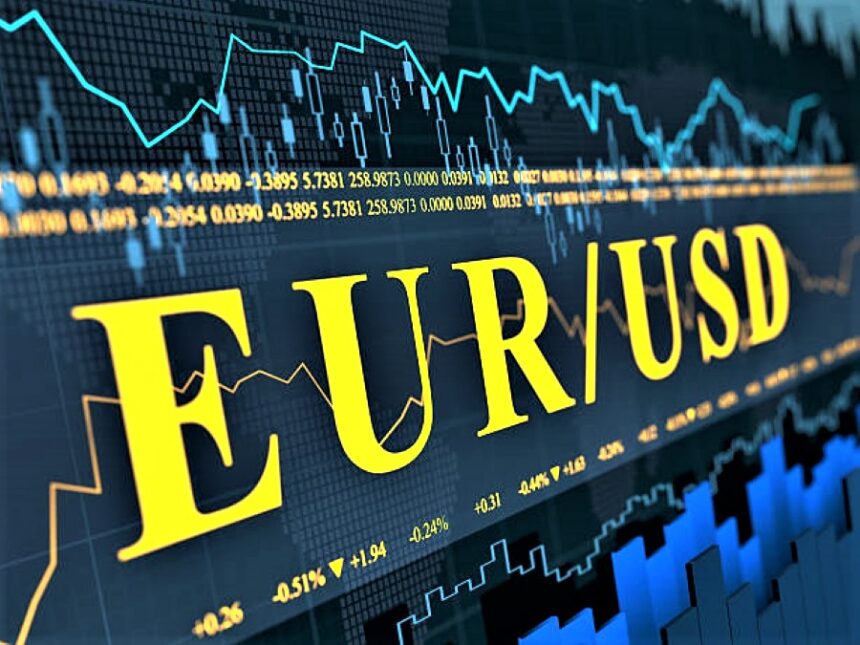EURUSD edged higher ahead of January’s US CPI data, which will influence the Fed’s monetary policy outlook.
EURUSD rises to around 1.0380 in Wednesday’s European session, ahead of the January Consumer Price Index (CPI) data from the United States (US), which will be release at 13:30 GMT.
The US CPI report expected to reveal that annual core CPI inflation climbed at a slower pace than 3.1%, versus a 3.2% growth in December. During the same period, headline CPI inflation expected to have remained stable at 2.9%. Monthly, both the headline and core CPI predicted to grow by 0.3%.
The inflation report expected to influence market speculation about how long the Federal Reserve (Fed) will keep interest rates at their current level of 4.25-4.50%. Signs of a decrease in inflationary pressures would strengthen Fed dovish expectations. Meanwhile, persistent inflation data suggests that the Fed should hold interest rates higher for longer.
According to the CME FedWatch tool, the Fed is almost certain to keep interest rates at current levels during the March and May policy meetings. However, there is a 50 percent probability that
The Fed could lower interest rates at its June meeting.
On the first day of a two-day appearance on Capitol Hill, Fed Chair Jerome Powell emphasized that the central bank is in “no rush to cut interest rates” since the economy is “strong overall,” with a lower unemployment rate and inflation remaining well above the 2% target. Powell clarified: “We know that reducing policy restraint too fast or too much could hinder progress on inflation.”
This week, investors will also be looking at the US Producer Price Index (PPI) and January Retail Sales data, which will be announced on Thursday and Friday, respectively.
Daily market Update: EURUSD remains solid amid fears of the US-EU trade war deepening.
EURUSD remains steady as the Euro (EUR) continues to outperform its major peers, even though risks of a trade war between the US and the Eurozone have deepened. European Commission President Ursula von der Leyen said on Tuesday that 25% tariffs on imports of steel and aluminum into the US by President Donald Trump “will not go unanswered”. Von von Leyen stressed that the EU will move to “safeguard its economic interests” and is ready for “proportionate countermeasures”.
President Donald Trump signed executive orders imposing 25% tariffs on steel and aluminum imports into the US without exemptions or exclusions in a move to stimulate local production. Trump is also preparing to impose reciprocal tariffs on countries that he believes engage in unfair trade practices.
Market participants believe the Eurozone will face significant pressure from reciprocal tariffs. The 27-nation bloc charges 10% tariffs on automobile imports from the US and pays 2.5% import duty for domestic autos supplied to them.
The ECB projected to reduce interest rates three more times this year.
On the monetary policy front, traders are convinced that the European Central Bank (ECB) will announce three more interest rate cuts this year amid fears of inflation undershooting the central bank’s target of 2%. The ECB already cut its Deposit Facility Rate by 25 basis points (bps) to 2.75% in the first policy meeting of the year in January.
Investors will now focus on economic growth predictions from the European Commission (EC), which will be issue on Thursday.









